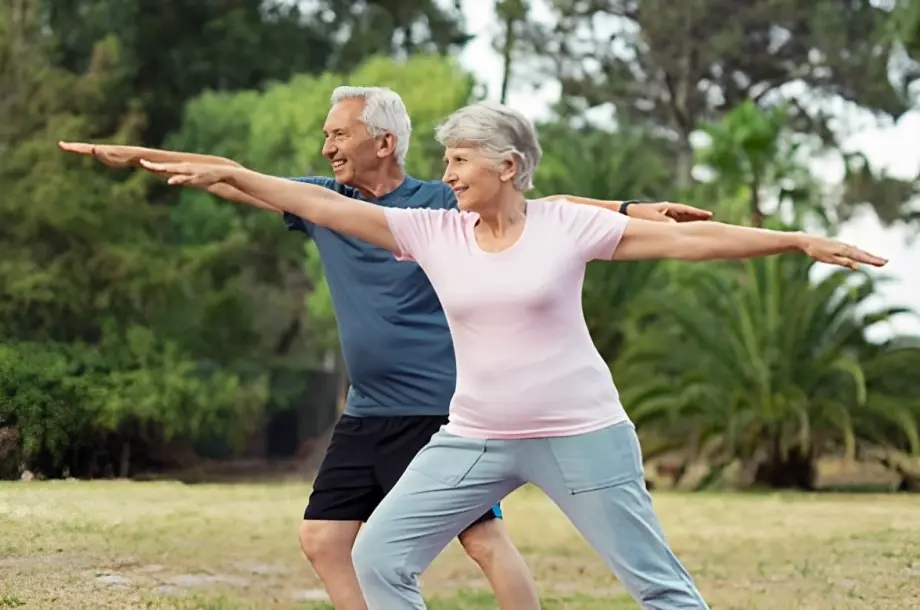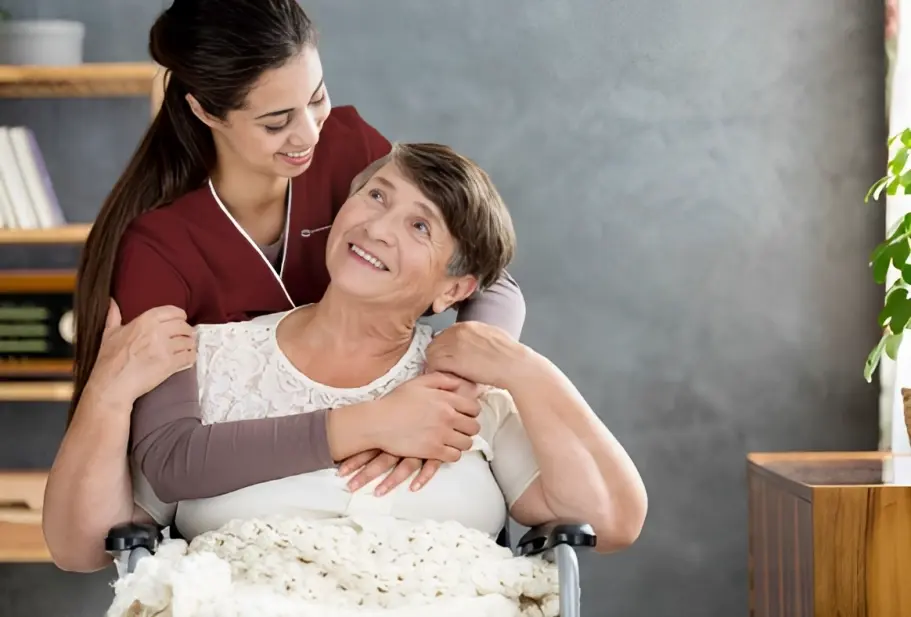Currently affecting about 40 million adults nationwide, anxiety disorders are the most common mental illness in the U.S. Anxiety is defined as excessive or persistent worrying about the same thing or several small things. This worry can lead to many negative physical symptoms, including a rapid heart rate, sweating, nausea, and headaches.
Fortunately, anxiety disorders are largely treatable. However, many people are unaware of the strategies you can use to keep negative symptoms at bay. While severe cases may require professional treatment from a doctor, there are many tools you can use to alleviate or manage anxiety on your own. Here are our top five recommendations:
1. Social Support
Many studies indicate social support as an essential factor to maintain physical and psychological well-being. Overall, positive social support can enhance a person’s resilience to stress and ease symptoms of anxiety. Many seniors experience loneliness and isolation, which can affect their mental health. However, these adverse effects can often be combated by companionship from family, friends, or a caregiver. Support groups are another option that offers compassion and understanding from shared experiences.
2. Meditation/Yoga

Both yoga and meditation place great emphasis on breathing exercises and focusing on the mind. These calming techniques can bring a multitude of mental benefits, including reduced anxiety and depression. In addition, seniors who practice meditation or yoga may also benefit from improved executive functions, such as reasoning, memory, reaction time, and decision making.
If you aren’t a huge fan of yoga, you can practice calming your mind and relieving your anxiety at home by performing breathing exercises. The two most prevalent techniques are box breathing and belly breathing. In the video below, you’ll find examples of each, which essentially involve long, deep breathes in and out until you begin to feel relaxed.
3. Daily Routine

It may sound simple, but following a daily routine can create structure and give us a sense of accomplishment when we complete them. Routines may eliminate some of the surprises that cause you to feel anxious. They also help us organize our day and make sure we’re finishing the most important tasks for our well-being.
Having a good daily routine, complete with a healthy diet, adequate sleep, and exercise, has been linked to improved mental and physical health. But, keep in mind that no two routines are the same. Customize your routine to suit your lifestyle, and don’t beat yourself up if you miss a day. Making changes and creating habits can be tricky, but you don’t have to be perfect. Instead, try incorporating one new habit each week and make time for the things you enjoy to create your ideal schedule.
4. Improve Sleep Habits
Sleep is deeply connected to mental and emotional health. Anxiety disorders, in particular, have a strong association with sleep problems. The constant worry that anxiety creates contributes to hyperarousal, which causes the mind to race and makes it harder to fall asleep.
Practicing good sleep hygiene is one way to improve mild to moderate sleep disorders and help you sleep longer. Good sleep hygiene habits include going to sleep at the same time every night, creating a calm sleep environment, and limiting naps to before 3pm and no longer than an hour.
5. Hiring Help

Some seniors may need more hands-on companionship than their friends or family members can provide. In these cases, hiring a professional caregiver can ensure that your loved one’s needs are being met and provide much-needed peace of mind. In-home caregivers can also provide companionship, comfort and help limit the amount of anxiety that a senior is dealing with.
If you or an elderly loved one is struggling with anxiety, you are not alone. At Emerest Connect, we offer our seniors and caregivers extensive mental health services focusing on compassion and personalized care. Contact us today to speak with a home care specialist.
References:
https://www.mayoclinic.org/diseases-conditions/anxiety/diagnosis-treatment/drc-20350967
https://mhanational.org/creating-healthy-routines
https://www.ncbi.nlm.nih.gov/pmc/articles/PMC2921311/
https://www.health.harvard.edu/staying-healthy/yoga-for-better-mental-health